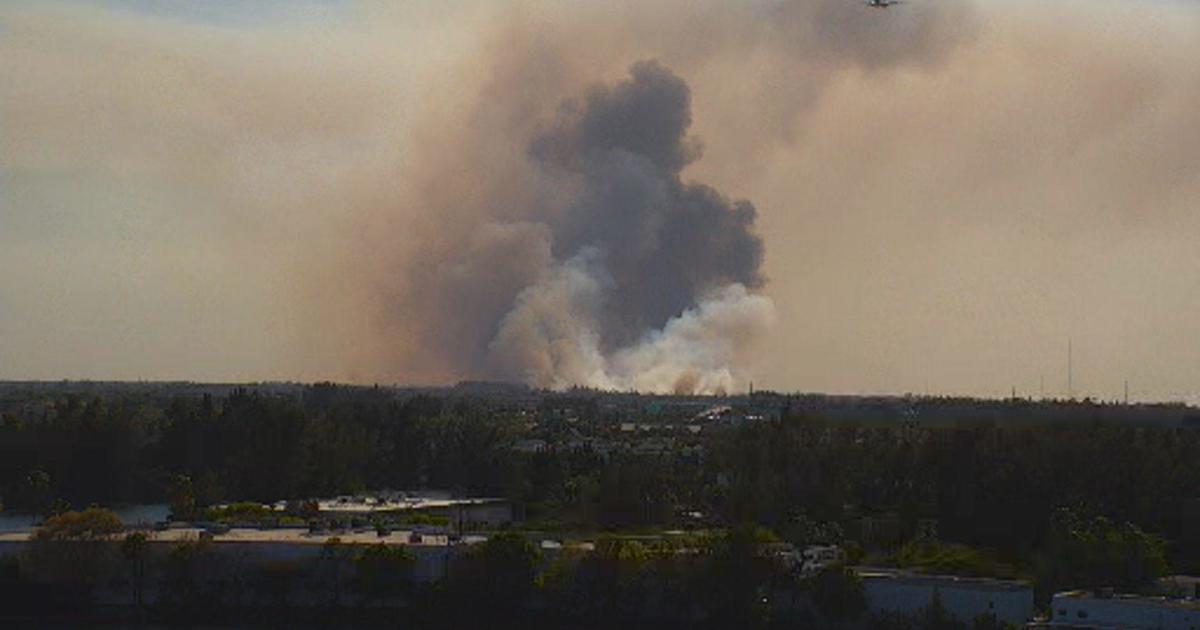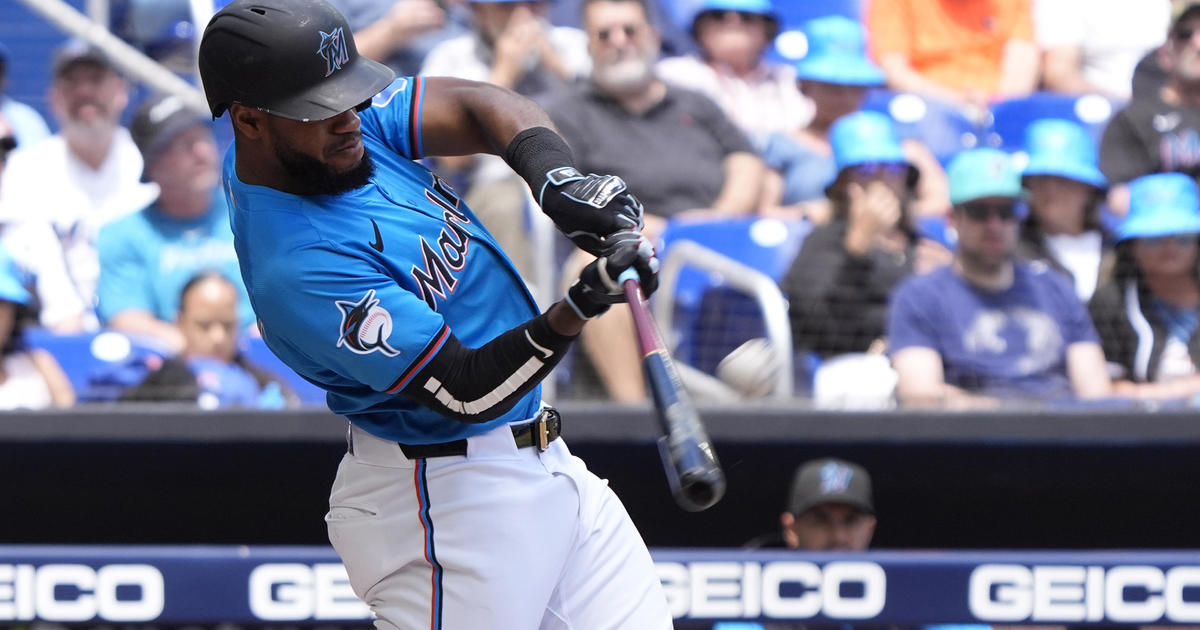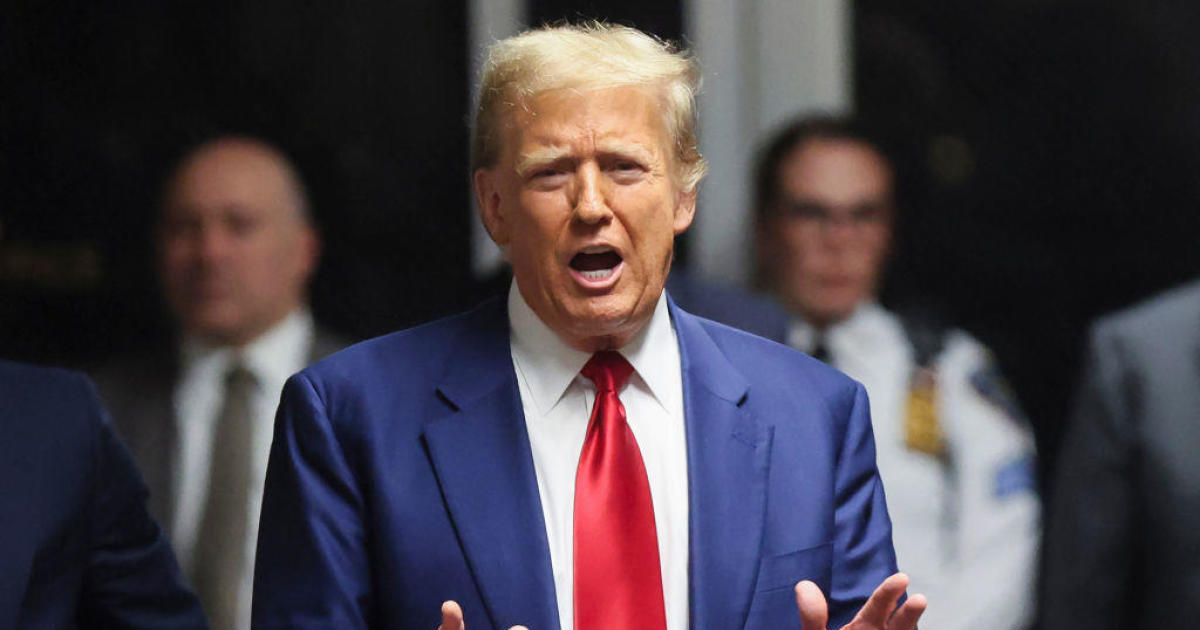Military Testing New Technology, Robots To Save Lives
MIAMI (CBS4)- American soldiers know when they go in to battle there is a chance they may not make it out alive. It's these losses that has the military testing new technology. Robots will soon replace human medics.
It's the future of battlefield medicine. Imagine a robot four wheeling its way through a cross fire to evacuate a wounded soldier, and think about that same robot assisting or in some cases replacing human medics on the ground.
Doctor Alex Bordetsky is leading a team of researcher in a series of field experiments at Camp Roberts in Monterey County, California.
"Saves lives, in a big way, I hope, because it saves time," he said.
The team monitors the simulated battlefield's condition and the soldier's vital signs through prototype sensors in their uniforms. Robots deployed on the ground or as small helicopters are sent to find and help soldiers.
Thanks to advances in GPS and real time data feeds the robots already know which soldiers are the most seriously wounded, where they are and how to get there.
"Previously we would be controlling at every millisecond, the behavior of the mechanical device," Bordetsky said. "Right now we are only sending wave points instead of just communicating everything through verbal descriptions between the unit members. They are getting picture, they're getting data and a shared log of information."
The information sent to doctors may allow them to diagnose and even begin treatments from afar. Doctors might some day trigger the injection of preloaded drugs through so called "nano patches", which future soldiers would wear right next to their skin.
What you're seeing is the ability to extend human capability outside of our hands and arms, and to rugged and remote environments," said doctor Ray Buettner, director of Tactical Exercises. "Now technology is enabling us to be far from the doctor, sometimes thousands of miles from the doctor and still doing the things that make the difference between living and dying.
Although it's now developed for the military, the technology could some day be used to save the lives of police officers and firefighters.



